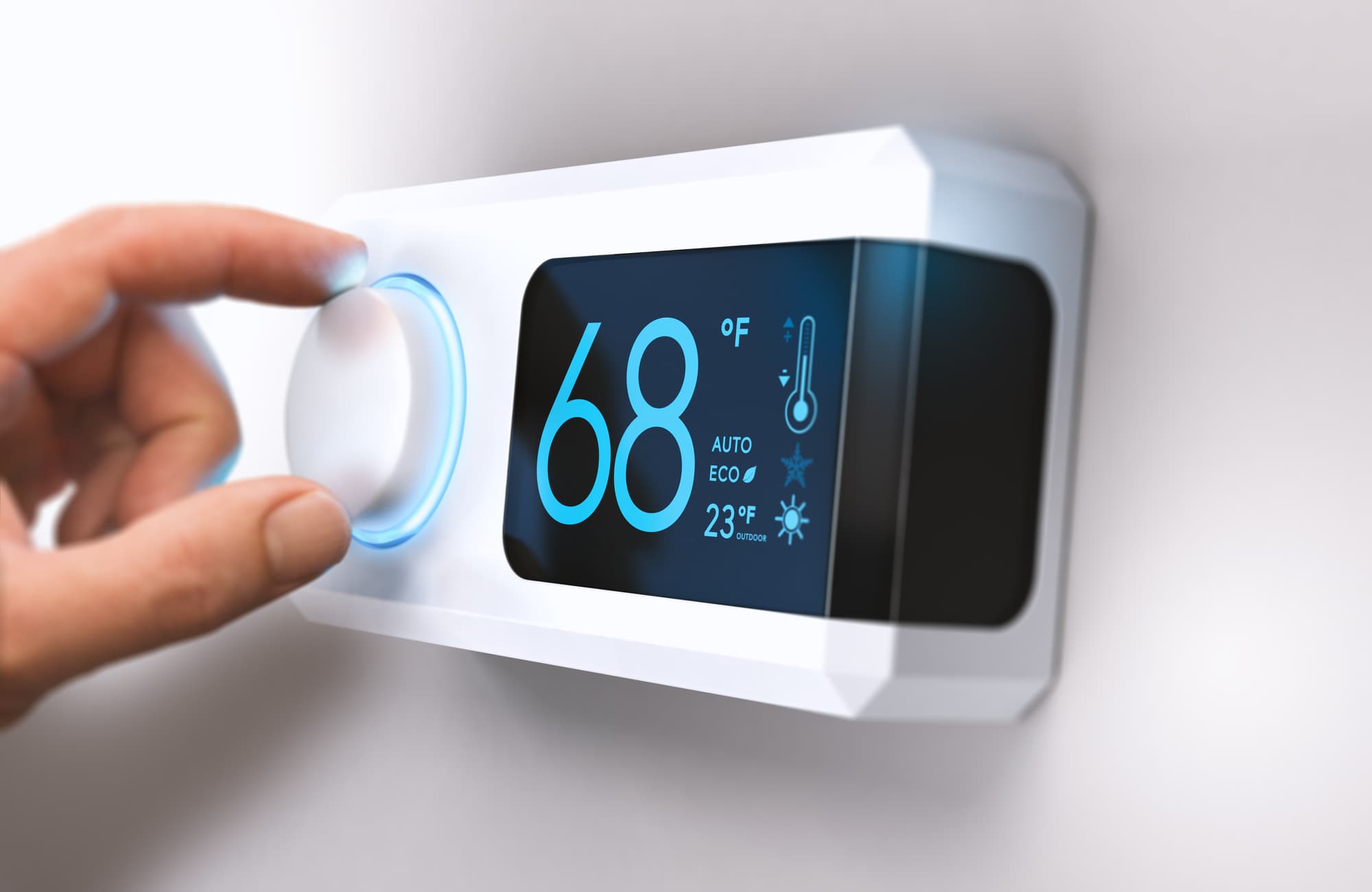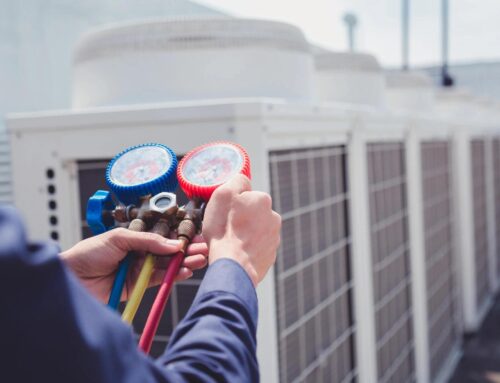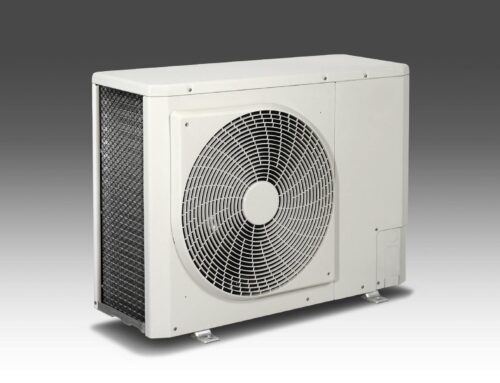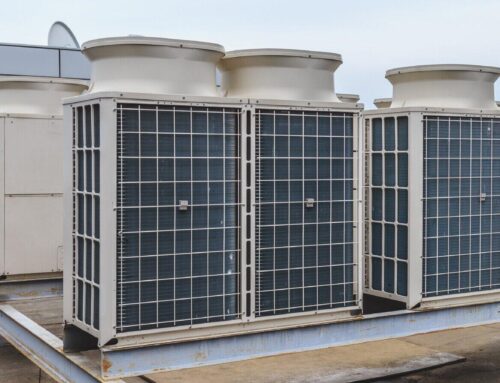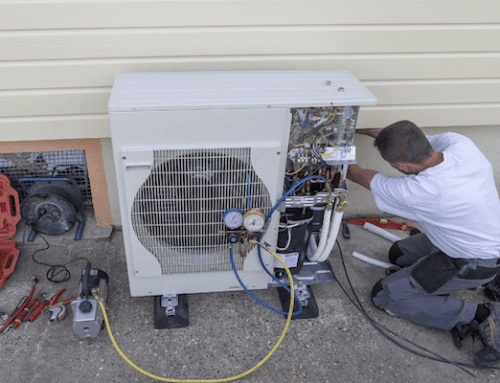Did you know that the average U.S. household used nearly 50% more energy than the average car? By using so much energy, you can expect your bills to go up. However, with the right type of furnace for your home, you can cut down on energy costs and more.
Read on to learn about the different types of furnaces for homes.
Electric Furnaces
One of the more popular types of furnaces for homeowners is an electrical furnace. They are an attractive option because they don’t require a gas line. Even in areas where there is access to natural gas, some opt not to get it piped into their homes because it can be expensive.
This is one of the furnace types people choose when they are on a budget. Since electricity is readily available, it is a cheaper and more efficient process.
Buying a furnace that is electrical means not worrying about leaks or toxic fumes. The newest models are even easy to have installed.
Oil Furnaces
Another one of the common furnace options is an oil furnace. You will need extra space in your home as you have to store the oil. A delivery company should be near to fill up the tank when necessary.
When you run out of oil, the furnace won’t run, and you will have to wait until it is refilled.
Home furnaces that require oil emit a lot of heat which makes dirt and soot buildup. Although maintaining these systems is easy, they are expensive to run. When oil filters are not regularly cleaned, your home is at risk of a fire.
Gas furnaces are more expensive, but oil furnaces are less efficient because the fuel costs more. If you are buying an oil furnace, it is important to consider the long-term savings.
Natural Gas Furnaces
Of the residential furnaces, natural gas furnaces have many benefits. They are inexpensive to maintain because they rarely break down. It is also affordable as natural gas is the cheapest fossil fuel you can buy.
When you opt for a natural gas furnace, you are cutting down on your monthly bills. When you turn the furnace on, you don’t have to worry about pollution because of the fuels’ cleanliness. It takes smaller amounts to heat the home, which means you can enjoy the most heat at a lower cost.
Propane Furnaces
Like an oil furnace, a propane furnace does not require a gas line. When the propane runs out, the furnace won’t heat up.
These are among the more versatile types of furnaces because they can use natural gas when there is a propane shortage or price increase. Propane heats a home quicker because it produces more heat than other fuels.
Types of Furnaces Explained
When you are buying a furnace for your home, consider the sources of energy that are available and your budget. Your HVAC system relies on your furnace as it is the main component. By understanding the different types of furnaces, you can decide which is the right choice for your home.
For all of your heating and cooling needs, you can rely on Sewell Electric and HVAC. Schedule an appointment with us now for furnace installation or repairs.

